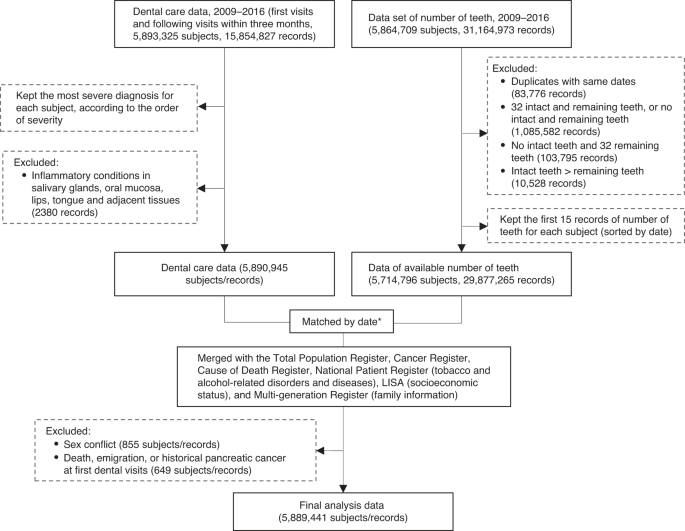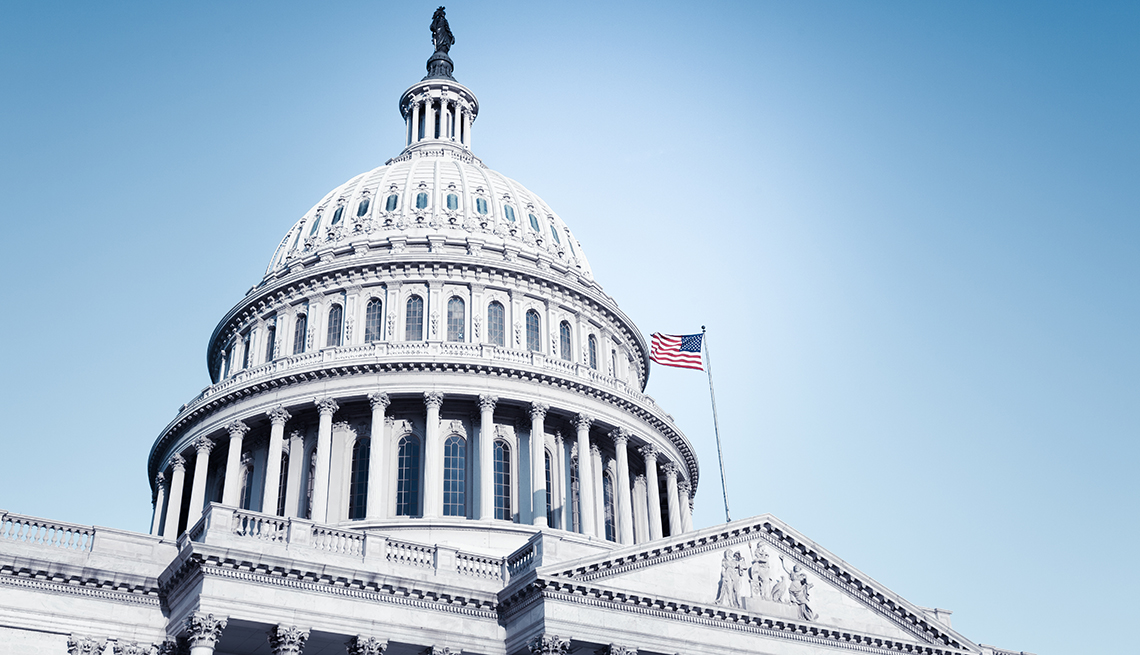
- Select a language for the TTS:
- UK English Female
- UK English Male
- US English Female
- US English Male
- Australian Female
- Australian Male
- Language selected: (auto detect) - EN
Play all audios:
Frames of reference have a bearing on the way policies are designed. Campaigns to distribute Covid vaccines often invoke the vocabulary of military campaigns, but alternative frames of
reference might inspire different policy design. Specifically, vaccine export might be handled differently if the pandemic were looked on as a natural disaster or as an emergency. This can
be seen by stripping down pandemic economics to its basics. Suppose a pandemic breaks out in two countries, A and B, and that in both countries there are two risk categories, high and low.
Further, suppose there is just enough supply of vaccines to inoculate everyone in one of two groups: either everyone in A, or everyone who is high risk. In Alternative One, low-riskers in A
rank ahead of high-riskers in B; in Alternative Two, that ranking is reversed. Logically, Alternative One implies a higher rate of fatalities than Alternative Two. But, setting aside
humanitarian considerations, what are the economics involved? Should nationality or need matter more? If the frame of reference is a war, where one nation presses its advantage over others,
then it follows that rollout should proceed by nation. If, on the other hand, the frame of reference is a natural disaster, then different economics applies. The term, the “tragedy of the
commons,” has come from economics. It describes a particular form of market failure. In a rural community where there is no restriction on grazing animals on the commons, this free natural
resource may be depleted through overuse, and, in the absence of rules to restrict access, everyone is worse off. The “tragedy of the commons” is a concept now applied in many other markets,
for example, fishing. It applies also to a pandemic in A and B. Country A may privilege its own citizens, notwithstanding that this incurs a relatively higher rate of fatalities. But A, as
a nation, acts within its borders — whereas a pandemic does not. A is not immune to repercussions of delays in vaccine rollout in B — such as the risk of virus mutants emerging during the
rollout delay, restricted cross-border travel, or spillover of slower economic growth. An objection might be raised against considering a pandemic an example of the tragedy of the commons.
One might state that invention of a vaccine creates a property right, which exempts a proprietor from the duty to consider the interests of a neighbour. But looking at a pandemic as an
emergency, then that objection fails. Think of first-class passengers on a cruiser, who are entitled to superior service. In an emergency, those entitlements are null and void. After the
_Titanic_ hit an iceberg, women and children took priority for places on a lifeboat, regardless how much they had paid for their fare, and it would have been absurd had first-class
passengers insisted they had a right to unseat women and children. Choosing different frames of reference for framing pandemic policies would have practical implications, for example the
treatment of vaccine exports. Differences in approach to vaccine distribution by the US and by the EU are striking. The US and the EU comprise two of the world’s biggest single markets; the
US with a population of 331 million and the EU of 447 million. Although the EU has a much larger population than the US, the EU between February and mid-March approved export of 34 million
doses. The US export tally was nil. In the meantime, after some deliberation, the US has agreed to ship vaccines to Canada and Mexico. However, these shipments are swaps rather than sales.
There may be several explanations for this discrepancy. The US is a single nation, whereas the EU comprises 27, so perhaps the EU is prone to think in terms of collectives. But another
reason might be geography. The US has land borders with only two countries, EU members with many more. As these borders are permeable, every single member of the EU is conscious that the
pandemic does not stop at its border. Setting aside the question of whether the US approach is astute politics, it is questionable whether it is sound economics. The Covid-19 virus is a
global emergency that has created a global tragedy of the commons and which shows up the shortcomings of economics circumscribed by a national frame of reference. A MESSAGE FROM THEARTICLE
_We are the only publication that’s committed to covering every angle. We have an important contribution to make, one that’s needed now more than ever, and we need your help to continue
publishing throughout the pandemic. So please, make a donation._








